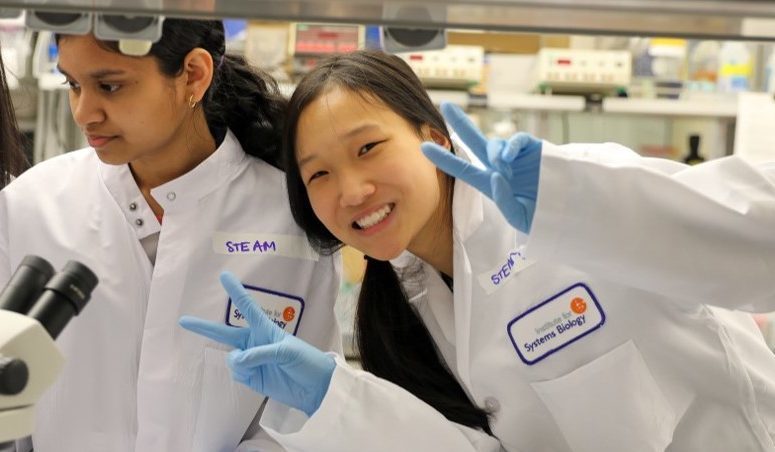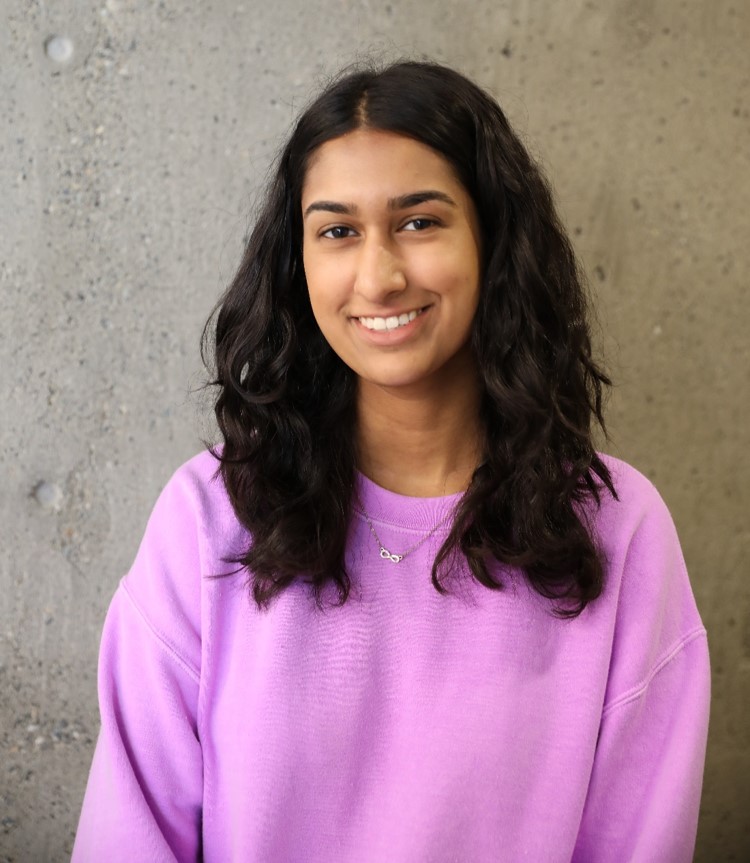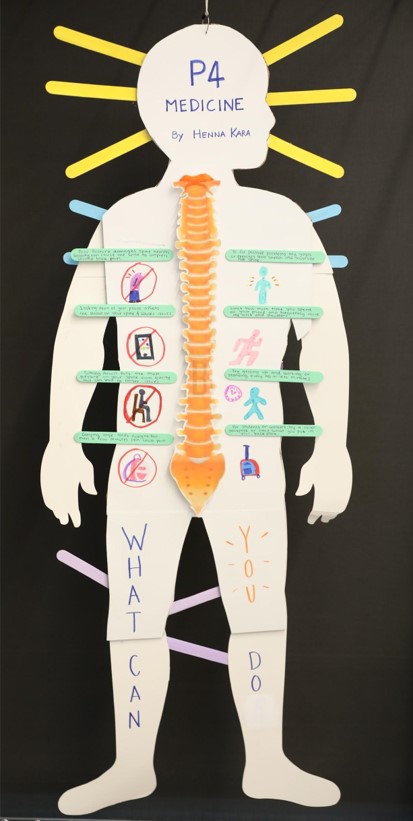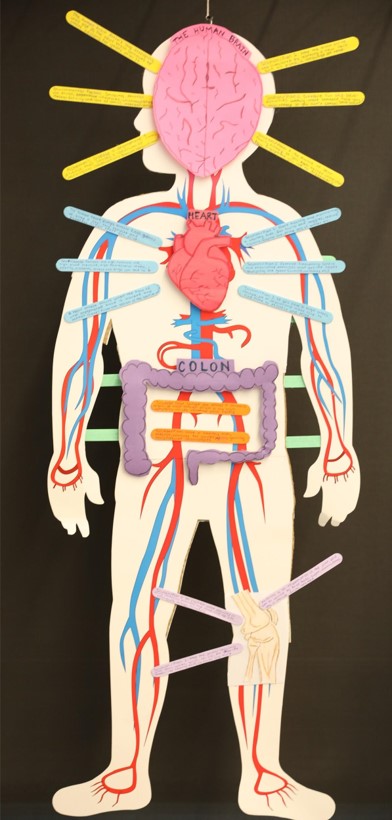STEAM Towards a Healthier World

Henna Kara
Lake Washington HS, WA
Senior (2019-2020)
 Career Goals:
Career Goals:
I am interested in a career that brings together my passion for human sciences, appreciation of technology and my enjoyment for learning and collaboration. I think it might be in the area of biology and public health. I want to work in an environment where we learn why something happens to the human body and apply that understanding to help correctly diagnose disease, and find targeted treatments and preventions.
In my observations, our communities are becoming more advanced however, overall health is declining and the focus on healthcare so far has been on treatment. This has been my personal experience within my extended family and community where diseases like diabetes, colon cancer and even Alzheimer’s are not diagnosed or treated until it has progressed too far. Illness doesn’t affect just the sick person but the whole family emotionally, financially, physically. I think that if we educate and make families and communities aware of their bodies and potential disease risk, we can create healthier communities. This will also reduce the burden of providing health care both to business/organizations and the individual. This money can be redirected into more research and education for the new and emerging illnesses for the future generation creating even healthier communities.
What did you learn from this course?
My biggest takeaway from this course is how complex and interconnected disease, diagnosis, treatment, and prevention is. For example, in the Anatomy Bootcamp portion, I saw how a person’s diet, socio-economic and lifestyle affects what their body looks like on the inside but each of these is not a random factor. Some things are within a person or communities’ control and others are not like income, education, and access to healthy food. I also become aware of how expensive healthcare and insurance is and that there are so many different people or organizations involved in providing the service that finding alternatives is extremely challenging. After listening and learning from all the inspirational and passionate people at ISB, Seattle Science Foundation and Cambia Grove I have come to learn and appreciate the diverse ways people are working to achieve the singular goal of helping and educating the world through healthcare.
What advice do you have for future Ambassadors?
I would advise future Ambassadors to have an open mind and be willing to dive into topics or situations you wouldn’t normally. This course does an amazing job of showing the diversity and endless possibilities that live inside the world of healthcare. In every presentation, activity, project or even conversation, I was able to learn something new and further my appreciation for life sciences and the world. This is your time to learn and absorb information so that when you leave ISB you can go into your communities ready to make it a better place. ISB will give you the tools to make changes but you must be the one who goes out and does it. You are going to be surrounded by incredible peers, make sure to get to know them! This internship will show you a fun, collaborative, somewhat challenging, but once in a lifetime experience. You and I are lucky to call ourselves ISB Ambassadors.
– Showcase Project –
"Simple changes make drastic differences"
Who/What inspired this project?
I think the first step to creating healthy communities is education and awareness. Most people don’t think about their bodies and how it all works and if its functioning well until something goes wrong. So, if people can see what their body looks like on the inside and see how things outside their bodies affect this, they will be more aware and make better choices. I also wanted to do a project that had a simple message with a broader long-term impact. It was also very important to me to include solutions or plans for treating or preventing diseases I touch on in my project. On the first day of this internship the Vice President of ISB, Dr. Nitin Baliga, said “what differentiates scientists from the rest of the world is their ability to recognize a problem and then come up with a way to solve it”. This is something that I will always remember because in my three weeks with ISB, I realized the vast amount of issues in the healthcare world, but I could not be more excited to get to work on solving those issues in the future.






How does your project communicate the relationship between the environment and health?
Our environment has more influence on how we live then we think. We need to be thinking about how little factors can make huge impacts on our lifestyle and overall health. Sometimes disease and illness can feel uncontrollable but environmental factors and how we live our lives is something we can control and should take advantage of. If we can make a change in our habits, lifestyle or even mindset we could be saving ourselves years of suffering. That is the importance of understanding the impact the environment has on our health and advocating for ourselves to ensure wellness.
Who is your target audience?
My target audience for this project is 15-25-year olds. I think this age group is ready to learn and if given the right information and tools can use it to make good choices themselves and influence others. I see them being able to affect the most change because they are the “in-between age group”. They are getting ready to go into higher education, trades or the workforce and community. So they can influence those a bit older in those circles. They are the mentors for the under 15 age group and will also start new families so will influence those ages too. I think this group has the widest reach and potential to make the most impact.
As an Ambassador, how do you plan to share your message with your target audience?
These are my peers; my immediate friends and social network including my teachers. I don’t think many people know about the exciting work that is being done in our city or what Systems Biology is. To me, the first step is talking about ISB and all the different organizations that are part of ISB and different resources put into creating healthy people and communities. If people are interested, they will ask questions and be open to learning more. Through this, I want to help fuel the new movement of preventative healthcare and the importance of starting to take care of one’s self and understanding how simple changes can make a drastic difference.

